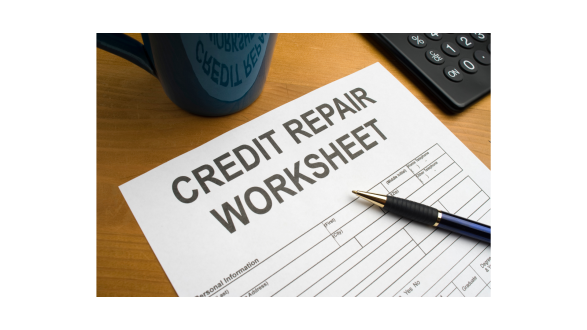What Is a Credit Lock?
A credit lock is a security feature that allows you to control who has access to your credit report. Only people with your permission can access your credit report when it’s locked–this can help prevent identity theft and protect your personal information.
If you’re looking for credit repair companies in Dallas or how to get help with credit repair, it’s important to first understand that although a credit lock can be useful, it doesn’t impact your credit score in any way.
How Does a Credit Lock Work?
When you lock your credit report, businesses must get your permission before they can access your report. This means that businesses may need to verify your identity before they can approve you for credit, a loan, or a service.
If you’re wondering how exactly a credit lock protects you from scammers, consider this scenario: you receive a pre-approved credit card offer in the mail. You didn’t apply for the card, but you figure it’s no big deal, so you fill out the paperwork and send it back.
Now, a scammer has your name, address, and other personal information. With this information, the scammer can apply for other credit cards, open new accounts in your name, and rack up debt. If your credit report is locked, however, the scammer won’t be able to access it. This can help prevent identity theft and protect your personal finances.
In order to make sure your credit lock is effective, you’ll have to sign up for the service at each of the three credit bureaus—Experian, Equifax, and TransUnion. This way, you can be sure that no one will be able to access your credit report without your permission.
Is a Credit Lock the Same as a Credit Freeze?
No–a credit freeze is a different security measure that also restricts access to your credit report. A credit freeze is run by the government, not by private companies, and a credit freeze is free for everyone, not just for people who have been victims of identity theft. A credit lock can cost you $0 with TransUnion and Equifax or $9.99 per month with Experian.
Thus, a credit freeze may be a better option if you’re worried about identity theft, but a credit lock is still a good choice if you want to protect your personal information.
Do Credit Locks Really Work?
Yes–credit locks are an effective way to protect your personal information, but it’s important to remember that they’re not foolproof. Scammers can still get your personal information through other means, and if you give someone your permission to access your credit report, they’ll still be able to see it.
So, while a credit lock can help protect you from identity theft, you should still be careful about who you give your personal information to, and you should regularly check your credit report for any suspicious activity.
In Summary
A credit lock is a good way to protect your personal information, but it’s not a perfect solution. If you’re still looking for guidance around credit locks or other credit-related information, The Phenix Group’s credit repair specialists are ready to help.
Wondering if paying collections helps your credit score? Check out our latest post.

